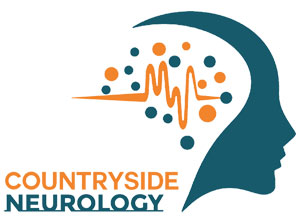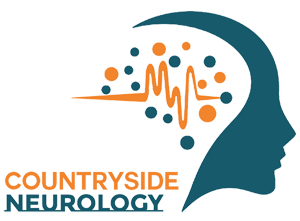If you’ve had COVID-19, it may still be messing with your brain. Those who have been infected with the virus are at increased risk of developing a range of neurological conditions in the first year after the infection, new research shows.
Long-term effects include strokes, memory issues, depression, anxiety, and migraines, according to researchers at Washington University School of Medicine in St. Louis.
Additionally, researchers have assessed complications that have similarities to symptoms of Parkinson’s disease in the post-COVID brain, such as movement disorders, seizures, and movement/balance disorders. You can take a closer look at their findings in Sept.22 edition of Nature Medicine.
According to Ziyad Al-Aly, MD, a clinical epidemiologist at Washington University, “COVID-19 has contributed to more than 40 million new cases of neurological disorders worldwide.”
These neurological issues were found in not only people with pre-existing conditions, but also those who were previously healthy.
This study was conducted on 14 million medical records from the U.S. Department of Veterans Affairs, with a controlled data set of 154,000 people who had tested positive for COVID-19. The COVID-19 data set was compared with a control group of more than 5.6 million patients who did not have COVID-19 during that time frame, and 5.8 million people from a pre-COVID timeframe.
It is important to note that few people in this study were vaccinated because at the time of the study (March 2020 – January 2021), vaccines were not readily available. A previous study by Al-Aly found that the risk of long-term neurological problems was reduced by about 20% with vaccination. Although vaccination does not provide complete protection, it is still important to get vaccinated to reduce the risk these effects.
One of the most common post-COVID complications is brain fog–in this study, those infected with COVID-19 had a 77% increased risk of developing memory problems.
“It’s unlikely that someone who has had COVID-19 will just get Alzheimer’s out of the blue,” Al-Aly said.
“Alzheimer’s takes years to manifest. But what we suspect is happening is that people who have a predisposition to Alzheimer’s may be pushed over the edge by COVID, meaning they’re on a faster track to develop the disease. It’s rare but concerning.”
Additionally, people infected with COVID-19 were 50% more likely to suffer from an ischemic stroke, which can lead to a host of complications such as confusion, vision problems, numbness, paralysis, etc.
Perhaps the most striking finding was that people who had COVID-19 were 80% more likely to suffer from epilepsy/seizures. They also found that infected people were 43% more likely to suffer from mental health disorders such as depression and anxiety.
COVID-19 is an ongoing global issue, and additional long-term effects are still unknown. If you or a loved one have noticed any neurological complications after contracting COVID-19, please give our office a call at 727-712-1567.
Sources:
“Long-term neurologic outcomes of COVID-19” by Ziyad Al-Aly et al. Nature Medicine
Neuroscience News. “COVID-19 Infections Increase Risk of Long-Term Brain Problems.” Neuroscience News, https://neurosciencenews.com/covid-19-brain-problems-21470/.





